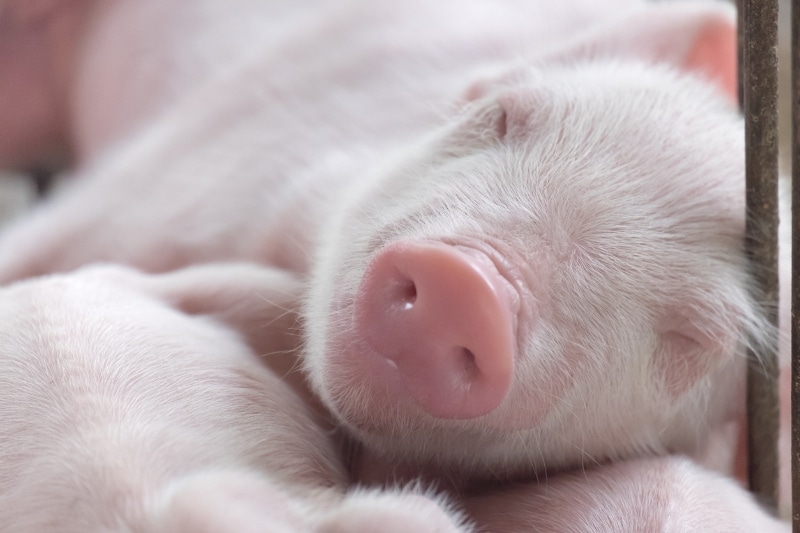The Philippine government is fast-tracking policies to stabilize food supply and ensure that households affected by COVID-19 will not be doubly affected by the increase in food prices. One of the policies is the Philippine Department of Agriculture’s (DA’s) proposal to import more pork at lower tariffs, which is presently awaiting the signature of President Rodrigo Duterte, as supply and prices of pork remain unstable due to the African Swine Fever (ASF) outbreak.
The DA has specifically proposed to increase the minimum access volume (MAV) for pork from the current 54,000 to over 400,000 metric tons for this year. The projected pork supply for 2021 is at 1.22 million MT while demand is at 1.6 million, thus the 400,000-MT deficit. According to DA Secretary William Dar during a Congress hearing in mid-February, “Even with our (hog) repopulation efforts and all the activities that we started, we will still have a potential shortage of about 400,000 MT. That’s why we are going to that level under the MAV Plus scheme.”
MAV refers to the quantity of an agricultural product that may be imported with a lower tariff. Currently, imports under MAV are charged a 30% tariff, while those outside MAV are at 40%. However, aside from increasing MAV, the DA is also proposing a tariff cut for imports under both in-quota and out-quota to as low as 5% and 15%, respectively, for 90 days. After 90 days, the 5% in-quota will become 10%, while the 15% out-quota will be raised to 20%.
The importation of pork products is a temporary measure for the Philippines to address the current supply deficit. The government’s long-term focus is to help its small producers, farmers, and hog raisers.
Additionally, hog repopulation programs in ‘green zones’ or ASF-free areas need to be prioritized, according to Acting Socioeconomic Planning Secretary Karl Kendrick T. Chua. The program includes the provision of swine livelihood enterprise, establishment of breeder multiplier farms, and intensive and modernized production. Furthermore, he underscored the need to facilitate the unhampered delivery of agriculture and fishery products and the continued strict implementation of the Food Resiliency Protocol in coordination with local government units.
Notably, pork accounts for 60% of the country’s meat consumption, and the swine industry is valued at PHP 260 billion (USD 5.4 billion), according to the DA.
(Sources: Department of Agriculture (DA), National Economic and Development Authority (NEDA), Philippine Star)
